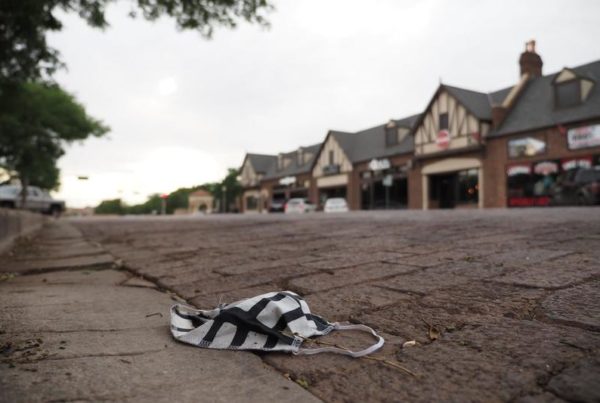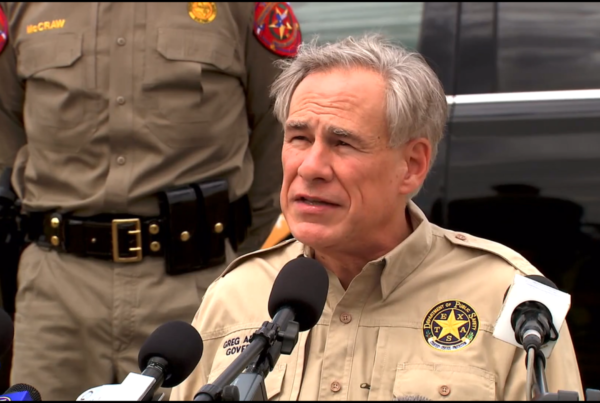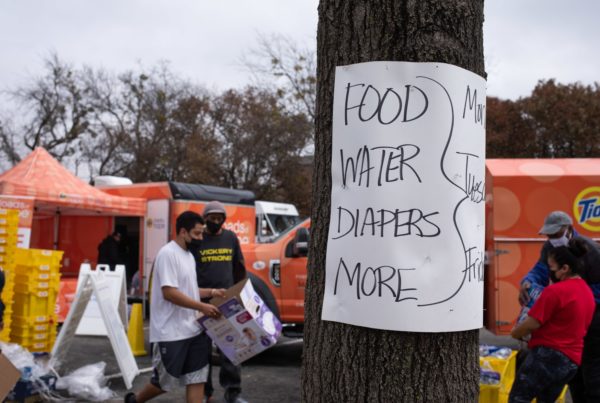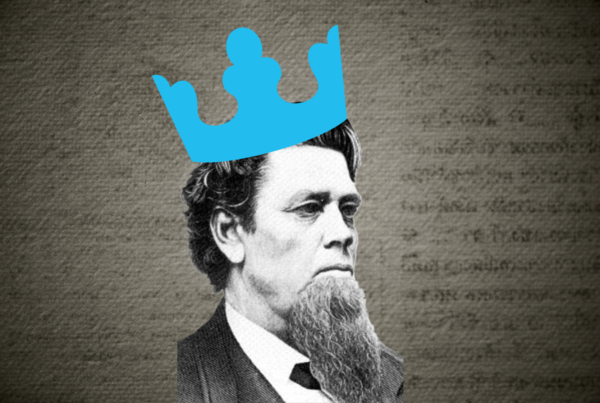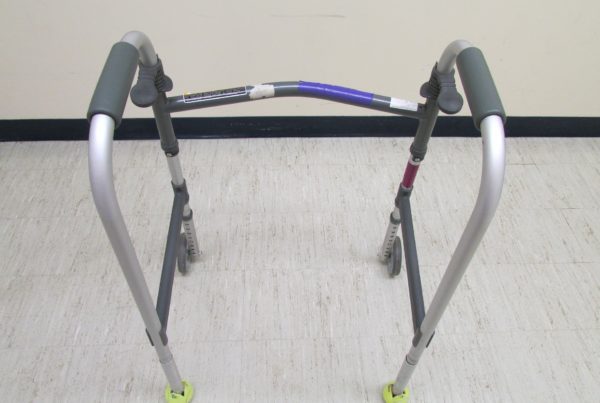Gas pipelines didn’t freeze during Texas’ winter storm
A week after last month’s deadly failure of the electric grid amid historically cold weather, state lawmakers sought answers from grid operators, energy regulators and oil and gas industry executives.On Feb. 26, during the second and final day of hearings, lawmakers heard from Grant Ruckel, senior director of government affairs for Energy Transfer — one of the largest pipeline companies in the U.S.Ruckel was asked about gas pipelines and their role in hampering the gas-fired power plants that struggled to generate electricity at optimal levels during the worst of the storms.
“Just to be clear, you didn’t have pipelines that froze up — right?” asked state Rep. Chris Paddie, R-Marshall, chairman of the House State Affairs Committee who has received $3,000 from Energy Transfer’s political action committee.
“Pipelines do not freeze,” Ruckel said. “They are naturally insulated. They’re buried beneath the ground.”
His response contradicts what others have said about how natural gas infrastructure faltered during Texas’ winter storm. Grid operators said last month that problems occurred up and down the natural gas production and delivery system — from frozen wellheads to frozen gas-fired power plants.
And Gov. Greg Abbott repeated those claims during a televised interview with WFAA-TV, the ABC affiliate in Dallas, on Feb. 16.
“My team has been talking to all the natural gas producers and suppliers in the state of Texas all afternoon to accelerate the process of their ability to get (gas),” Abbott said. “Their answer is: ‘It’s just frozen right now. It’s frozen in the pipeline. It’s frozen at the rig. It’s frozen at the transmission line.’”
Did gas pipelines freeze during Texas historic winter storm? As with many things in the energy sectors, the answer to this question is tangled in technical complexity…
Read the full story and see how Ruckel’s claim rated at PolitiFact. And listen to an interview with PolitiFact’s Brandon Mulder in the audio player above.




